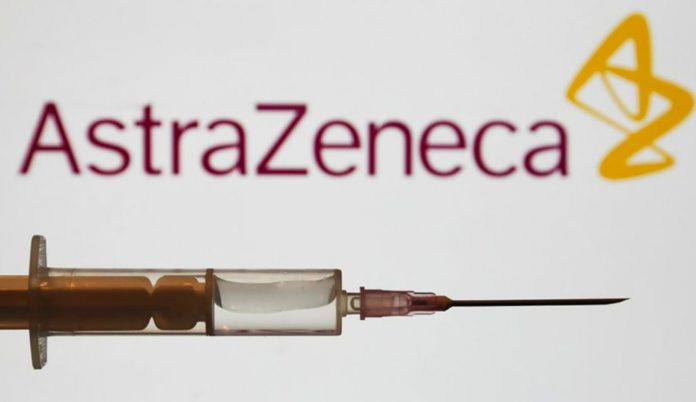- Researchers at the University of Oxford, who … developed the vaccine with AstraZeneca, say it can “slow down” the transmission of the virus
- What do they conclude about the effectiveness of the first and second doses, as well as the time interval between 1st and 2nd dose
- Belgium also says “no” to the vaccine for those over 55
The University of Oxford and AstraZeneca vaccine not only protects people from serious diseases that can be fatal, but also significantly slows the transmission of the coronavirus, according to a new study, and also highlights the importance of mass vaccination as an exit from the pandemic.
According to the specialists, the Oxford University researchers’ study is the first to document evidence that a coronavirus vaccine can inhibit the transmission of the virus.
- Brief Anger Hampers Blood Vessel Function Leading to Increased Risk of Heart Disease and Stroke – New Study
- New Blood Test Pinpoints Future Stroke Risk – Study Identifies Inflammatory Molecules as Key Biomarker
- Enceladus: A Potential Haven for Extraterrestrial Life in its Hidden Ocean Depths
- New Experiment: Dark Matter Is Not As ‘DARK’ As All We Think
- Scientists in Fear of This New Predator From Red Sea Eating Native Species in Mediterranean
The researchers detected the impact of the vaccine on the transmission of the virus by taking a saliva sample from participants each week in an effort to identify the “signs” of the virus. It turned out that the number of “positive” smears among vaccinated individuals fell by 67%.
The results, described in detail by Oxford and AstraZeneca researchers have not been evaluated yet by experts, but according to the researchers, the AstraZeneca vaccine can reduce coronavirus transmission by almost two-thirds, or 67%.
The same study shows that the first dose of the vaccine is 76% effective from day 22 to day 90. This means that the protection provided by a single dose is not reduced over a period of three months.
After the second dose, the effectiveness of the vaccine increases to 82.4% when it is given after three months. In contrast, when the second dose is given less than six weeks after the first, the efficacy is almost 55%.
It is noted that the British authorities have decided to give the second dose of the vaccine after 12 weeks.
The Oxford and AstraZeneca researchers also found that a single dose of the vaccine was 76% effective in preventing Covid-19.
Belgium says ‘No’ to vaccine
Regulators in Belgium are the latest in Europe to advise against the AstraZeneca Covid 19 vaccine for the elderly due to a lack of data on its effectiveness.
Frank Vandenbroucke, Belgium’s health minister, said that the country’s highest health council, an advisory body, had suggested that the vaccine should be given to persons under the age of 55, at present.
- Brief Anger Hampers Blood Vessel Function Leading to Increased Risk of Heart Disease and Stroke – New Study
- New Blood Test Pinpoints Future Stroke Risk – Study Identifies Inflammatory Molecules as Key Biomarker
- Enceladus: A Potential Haven for Extraterrestrial Life in its Hidden Ocean Depths
- New Experiment: Dark Matter Is Not As ‘DARK’ As All We Think
- Scientists in Fear of This New Predator From Red Sea Eating Native Species in Mediterranean
Vandenbroucke said Belgium was reviewing its vaccination strategy, as the AstraZeneca vaccine was a key part of the government’s plan to prioritize vulnerable groups in the first months of 2021.
The European Medicines Agency has already approved the use of the AstraZeneca vaccine in all age groups over 18 last week, but the lack of data on older people has forced national advisory bodies in Europe to be cautious.
The study by the University of Oxford and AstraZeneca on the effectiveness of the vaccine had included only a small number of older people in phase 3 clinical trials.
Only 6% of trial participants were over 65 years of age, with 341 people receiving the AstraZeneca vaccine and 319 people receiving placebo.
